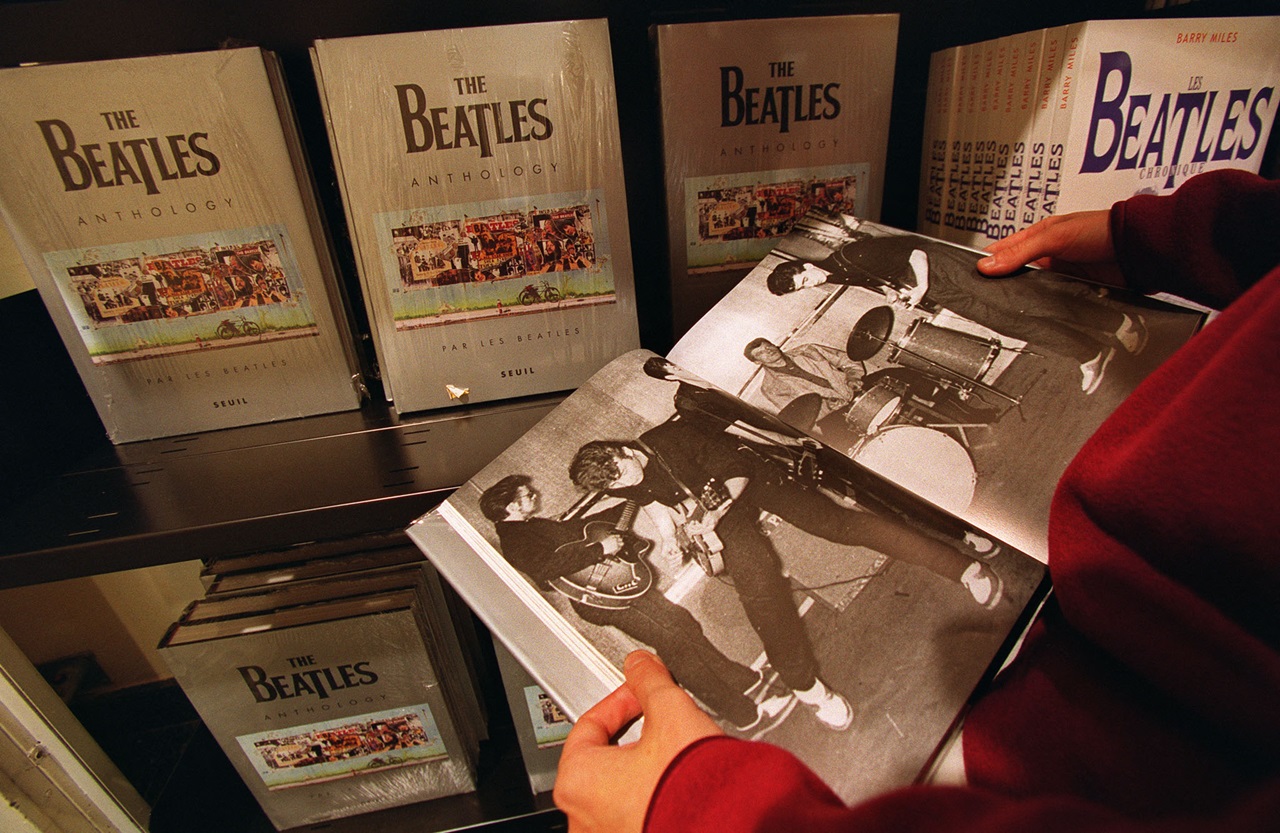
Rosalía and the debate around her ‘Latinidad’
While her 26th birthday is approaching, Spanish singer is still in the midst of criticism, especially after winning “Best Latin Video” at the MTV Video Music…
Although her sound and choreographies are soaked in Latin colors, and despite having recorded songs and videos with renowned artists of the Latin music industry, many experts and fans say Rosalia is still a "white and European" woman — not a Latina artist.
Some recognize her role in raising the profile of Spanish-speaking music, but not all Spanish-speaking people seem to be "fit" to be considered Latino. Who is right?
The RAE dictionary defines as “Latino” all those languages that come from the Latin branch, but it is known that the United States Government classifies as “Latino” or “Hispanic” as "any person of Cuban, Mexican, Puerto Rican, South American, Central American or other Spanish culture or origin, regardless of race", says Clara Rodríguez, a professor of sociology at Fordham University, New York, who investigates the representation of Latinos in the media and ethnic-racial classifications.
In the decades of the 20s and 30s, the term “Latin” was used to speak of Hollywood personalities from Italy and France, since their languages were originally from the Latin language.
Maybe we can trace Rosalía’s award then to the recognition of personalities such as "Latinas" decades ago.
The truth is that the Spanish singer seems to inspire debates among supporters and critics alike wherever she goes, touching on the characteristics of this era in terms of social class, gender, and globalization.
And this doesn’t seem to bother her at all since she knows all too well how to navigate through ambiguity.
In an interview for the newspaper El Español, she said: “Music has nothing to do with blood or territorial complications. Never."
Although the criticisms on this occasion come from the Latino stage in the United States, an article from the ABC of Sevilla implied that "the artist uses aesthetic elements of an oppressed people from a position of privilege."
RELATED CONTENT
In an interview for Billboard, the singer commented: “My culture is Spanish, I have been studying flamenco and I saw Colombian styles, La Guajira and la Rumba in it,” affirming that everything is interconnected with Latin America, and that’s why she “feels at home” when she visits Latin American countries.
Without fear of being wrong, the singer says: "I feel Latina."
It seems that Rosalía is not trying to pretend to be something she is not — or, at the very least, she is not denying that what she presents herself as is also what she identifies with. She’s simply using all the tools of flamenco and of Latin culture at her fingertips.
She is not interested in being part of the bunch, so she decided to move with her music through high-lying territories.
In the American imaginary, words, and names their meaning and everything that derives from them — depends on who uses them and in what contexts they apply, and have even greater significance if they are framed in the subject of race and ethnicity.
The positive thing about this controversy is that it keeps the debate open for the timely significance of these terms and shows how clear or imprecise the media can be when using them.
Beyond the discussion about the use of the terms "Latino" or "Hispanic," socioeconomic status or skin color can change a person's experience in North America in terms of access, discrimination, and opportunities.
Rosalía's example only illustrates the complexity of the conception and perception of race and "Latinidad" in the country.










LEAVE A COMMENT: